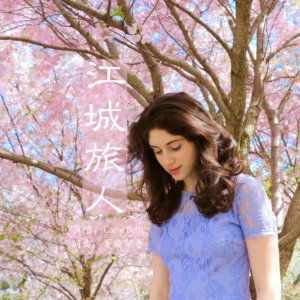Grace Nwankwo
五年前, 我开始了一段奇妙的旅程*
How My Journey with Chinese Has Changed Me
By: Grace Nwankwo
“Suyin-ah! You’ll come back to us next time, right?” Mrs. Sun, or Sun 奶奶 (Granny Sun), called out to me as my classmates and I prepared to leave the Chinese American Service League (CASL) building in the heart of Chicago’s Chinatown. I turned around at the sound of her voice to see her beaming face. She always requested that I called her 奶奶 since she considered me to be one of her grandchildren—we clicked instantly when I met her for the first time.
Tears pricked in my eyes as Sun 奶奶 asked me again, her youthful eyes glistening as she noticed my wet ones. She was 84 with a heart of gold, explaining her endless compassion towards me. She came up to me, nudged me, and said, “Stop crying, or I won’t bring any more guava candy.” We both giggled as I said my goodbyes for the year. On the bus ride back, many questions lingered in my heart: What if I didn’t take Chinese and chose Arabic instead? Would I be the Grace I am today if I hadn’t taken Chinese?
Since my first ever class, Chinese language and culture has changed and continues to change me. Chinese has made me a stronger, more open-minded, more communicable, and eager student and person overall. Chinese introduced me to a culturally vivid world and enabled me to share my experiences with other people, which is not often easy to do living in a segregated city.
Chinese was a match that lit a burning flame in me to learn about our world. My life-changing journey all began in 2015, at my new school had which only offered 2 languages for students to choose, Arabic or Chinese. I chose the latter, but I was apprehensive about taking it. First, I learned French & Spanish in elementary school and was raised in an Igbo** speaking household. None of those languages were remotely similar to Chinese. On top of that, I was aware of Chinese being infamously known as the “language with no alphabet”. I remember thinking to myself, How in the world am I going to learn a language that doesn’t have an alphabet? However, this fear dissipated when Hu Laoshi pushed us hard to embrace Chinese culture. Our class thought she was quite the teacher. She banned us from speaking English during class and would move our desks to the front of the classroom if she heard a mere whisper of English from any of us.
Nonetheless, it all came from the heart: she truly wanted us to get better at Chinese. She happily showed us videos about 春节 (Chinese New Year), discussed the importance of 高考 (Gaokao) in Chinese society, helped us select Chinese names, and taught us the history of 汉字 (Chinese writing system). The realization that I was falling in love with Chinese hit me as we were practicing calligraphy one afternoon. I found my heart beating in admiration as I looked at the character 水 that I wrote. Hu Laoshi’s fiery passion to teach her students Chinese had worked its magic on me. I realized that I could speak Chinese to my younger siblings (who would just smile and nod as if they understood). I realized that Chinatown slowly became my favorite place, 珍珠奶茶 (bubble tea) became my new favorite drink, 小笼包 (xiao long bao) became my new favorite food, and Period 4 Chinese became my new favorite class. Chinese had my life under its thumb, but I did not complain not one bit. I loved it. 
Therefore, I wanted to pursue my interest in Chinese and other cultures even further. Learning about cultures became one of my biggest passions because I saw how it shapes people’s views, actions, and traditions. Soon, I found myself enrolling in Chinese 2, then Chinese 3 the following year. Now, I have taken five years of Chinese instead of stopping at my school’s requirement of just two years. I plan to make it six as I’ll take Advanced Placement Chinese senior year. I also want to take the HSK exam soon, earn a Mandarin biliteracy seal, and study Chinese in college. Once I entered 9th grade, I enrolled in the Chinese Culture & Service class held on our colloquium days, where we have a 3-hour class. In those 3 hours, we immersed ourselves in Chinese culture via discussions, movies, and volunteered at the CASL. There, we met and talked with elderly members of Chinese and Cantonese communities, taught them English, made crafts, sang Christmas carols and Chinese ballads, and performed skits. One of my favorite memories from CASL was when one 奶奶 called me her “外国女儿 (foreign daughter)” after I introduced myself in Chinese. She insisted I was Chinese “in my blood” but that I just looked different. I’ll never forget how much our stomachs hurt from laughing.
I loved that not only did we learn about life in China and what values the Chinese hold dear to them, but as black & Latinx high schoolers, we also got to share bits of our culture, ideas, and values (like when we taught them about the Black Lives Matter movement) and other (sometimes shared) struggles that we faced in America.
It was so warming to connect—mending a generational and cultural gap—and teach one another about our differing worlds.
Chinese also made me push myself to seek more opportunities to learn. I didn’t just stop when I left the classroom. I religiously watched Chinese movies at home without subtitles, quickly jotting down any slang I heard. I would listen to Chinese-speaking artists like Jolin Tsai, G.E.M, and 7SENSES. A bigger example was when I competed in a Chinese speech contest as a freshman among juniors and seniors from across Illinois. I earned second place (silver award) and wowed the judges, who acclaimed me for my fluency. The impact Chinese had on my life was simply amazing: I never thought I would be performing or speaking in front of people, let alone in a completely new language. Chinese had created a NEW me and also became a big part of me. Most importantly, I believe that Chinese enabled me to develop amazing skills, like diligence and perseverance, earned from being a Chinese student. Using these skills, I work actively in my school and outside to spread awareness about China and its rich culture.
Lots of people are uneducated about the diverse beauty of Chinese culture. Most have a fixed, disgusting mindset that Chinese people “look the same” and always wear Asian comical hats and eat rice. And now with the COVID-19 pandemic, whose epicenter was in Wuhan, China, these racist attitudes have further solidified and manifested themselves in physical attacks against those of Chinese or East Asian descent. We’ve even had our president—the leader of our country—go out of his way to call COVID-19 a “Chinese virus”. I’ve seen this attitude harbored in some of my classmates in Chinese. They didn’t even try to learn Chinese. They insisted that it was useless and ignorantly mocked the language, even in front of teachers.
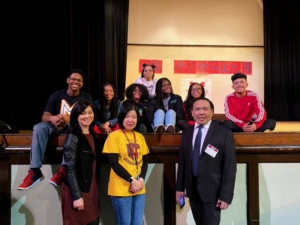 A myriad of examples exists of my work to promote Chinese culture to others. For example, I serve as the secretary of my school’s National Chinese Honor Society chapter. I’m always willing to help in class when my classmates need it and have gotten close to a Chinese exchange student named Diana. I also help 25 students develop their passions for cultures by being a teacher’s assistant for Chinese 1. Since 9th grade, I have been in the Chinese Culture and Service colloquium and have participated in planning and executing my school’s annual Chinese Cultural Festival, full of cultural performances performed by students. I’ve organized stations that taught visitors different aspects of Chinese culture. This year, I was an MC and choreographed a fan dance for my students to perform! The guests enjoyed it, including the Director of the Education Division of the Taipei Economic and Cultural Office of Chicago. After taking a photo with us, he commended our teachers and the planning board team for a successful Chinese Cultural Festival.
A myriad of examples exists of my work to promote Chinese culture to others. For example, I serve as the secretary of my school’s National Chinese Honor Society chapter. I’m always willing to help in class when my classmates need it and have gotten close to a Chinese exchange student named Diana. I also help 25 students develop their passions for cultures by being a teacher’s assistant for Chinese 1. Since 9th grade, I have been in the Chinese Culture and Service colloquium and have participated in planning and executing my school’s annual Chinese Cultural Festival, full of cultural performances performed by students. I’ve organized stations that taught visitors different aspects of Chinese culture. This year, I was an MC and choreographed a fan dance for my students to perform! The guests enjoyed it, including the Director of the Education Division of the Taipei Economic and Cultural Office of Chicago. After taking a photo with us, he commended our teachers and the planning board team for a successful Chinese Cultural Festival.
I’m grateful that 12-year-old me made the right choice of picking Chinese. Because of Chinese, I have blossomed into a new me: I found a new passion, became a persevering student, connected with people—young and old—from across the globe and exchanged our cultural values. Now one day, I wish to walk on the frayed cobblestone of the Great Wall, slurp on Sichuan dan dan noodles, and admire Beijing’s bustling nightlife. I have been touched by the stories and experiences of native Chinese friends and fellow Chinese students and have enjoyed sharing my experiences too. Chinese has given me so much joy, an amazing learning environment, and other benefits that I couldn’t imagine finding anywhere else. As I eventually grow up, move cities, have a family, and grow old, Chinese will always be in my heart. Chinese made me into the Grace I am today, and who I will forever be.
* 五年前, 我开始了一段奇妙的旅程 means in English “5 years ago, I started an amazing journey.”
** Igbo - one of the primary languages spoken in Nigeria, I come from Nigeria (我的妈妈来自尼日利亚)
Grace Nwankwo
Grace Nwankwo is a rising senior at Lindblom Math and Science Academy in Chicago, IL. By the time she graduates high school, she will have taken all six years of Chinese, including AP Chinese. At her school, she’s involved in a diverse list of extracurriculars and interests: policy debate, badminton, student voice, community service through NHS, and more. Since her first Chinese class in 7th grade, she was hooked onto the language. Because of this, She’s heavily involved in her school’s Chinese learning community. She serves as secretary of the National Chinese Honors Society, is a teacher’s assistant to first-year Chinese students, long-term member of the Chinese Culture and Service Colloquium (Club), and organized and participated in numerous Chinese Cultural Days at school.

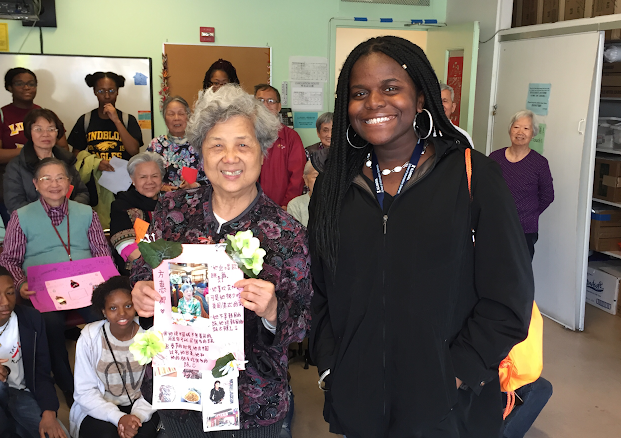
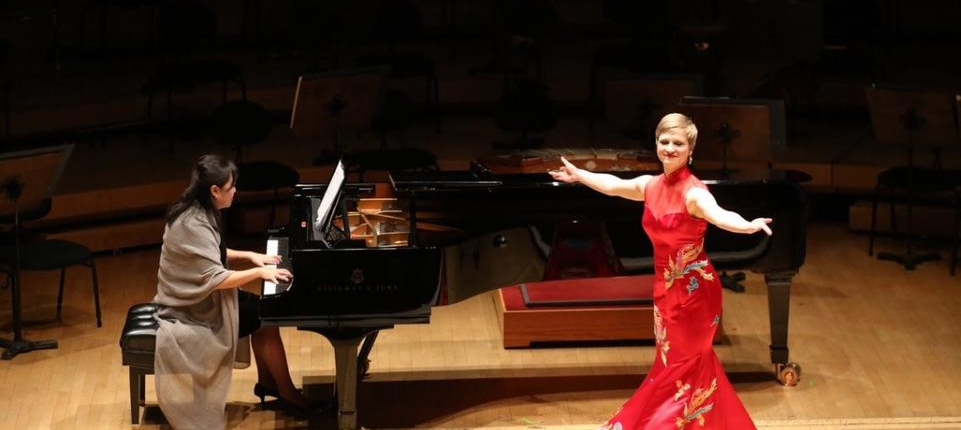

 Perhaps it was saying it out loud that caused it, but the following
Perhaps it was saying it out loud that caused it, but the following 
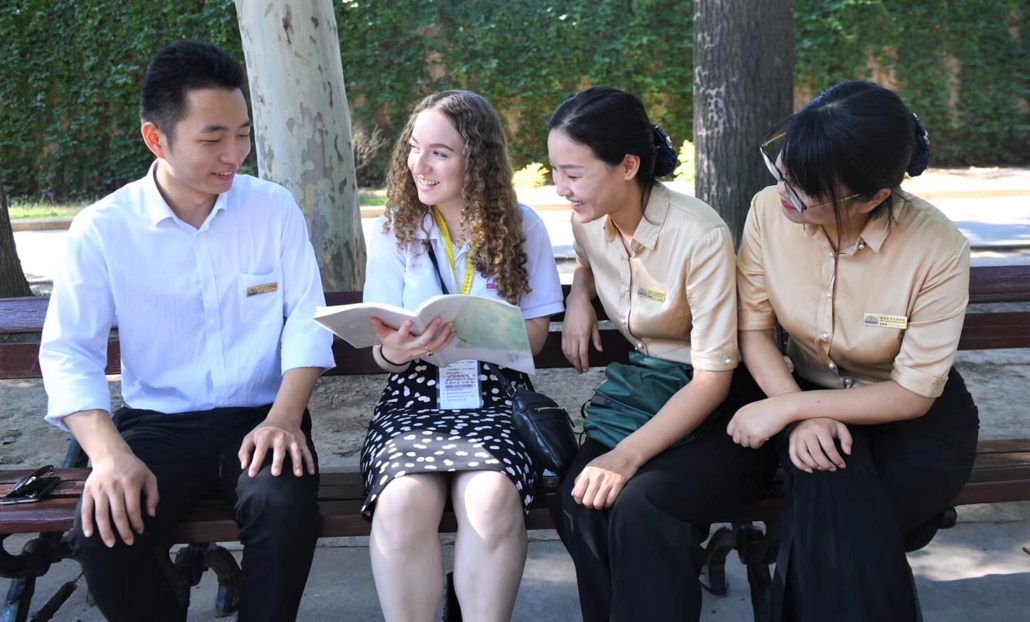
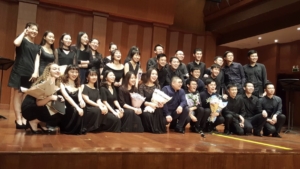 In addition to my
In addition to my 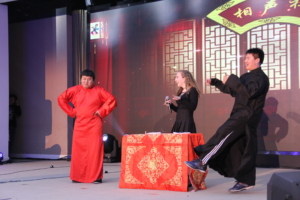
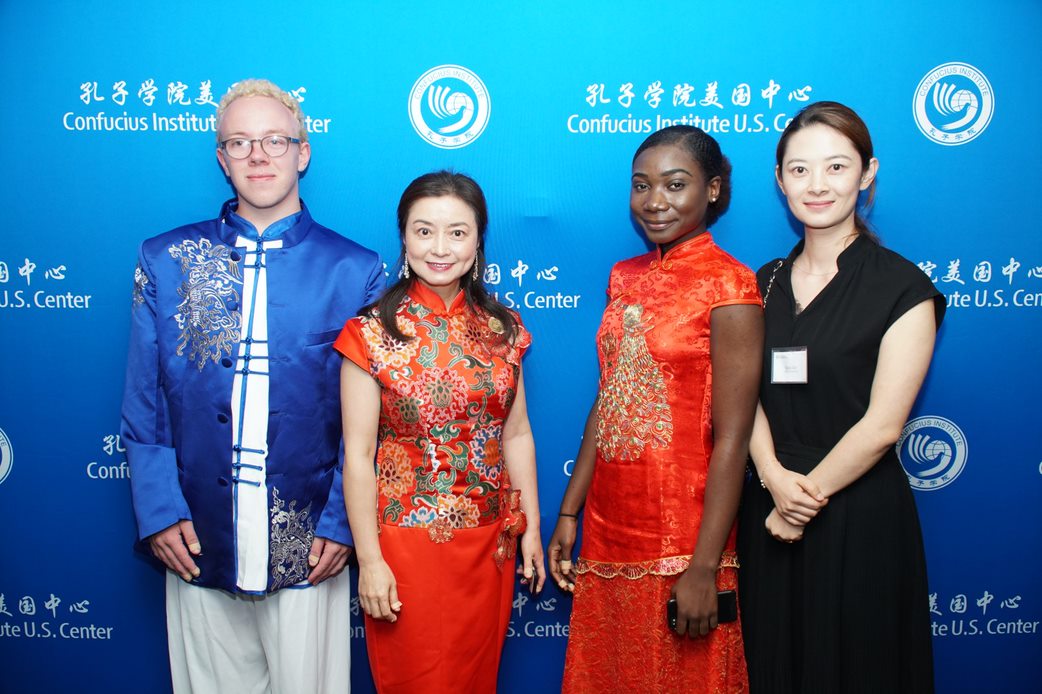
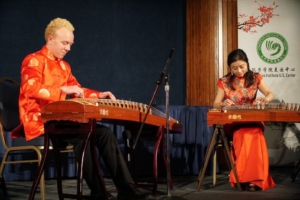
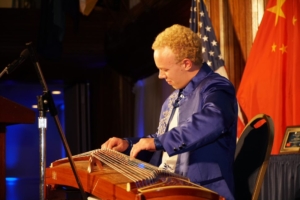 And with that rallied support, effort, and passion, I came to learn the piece
And with that rallied support, effort, and passion, I came to learn the piece 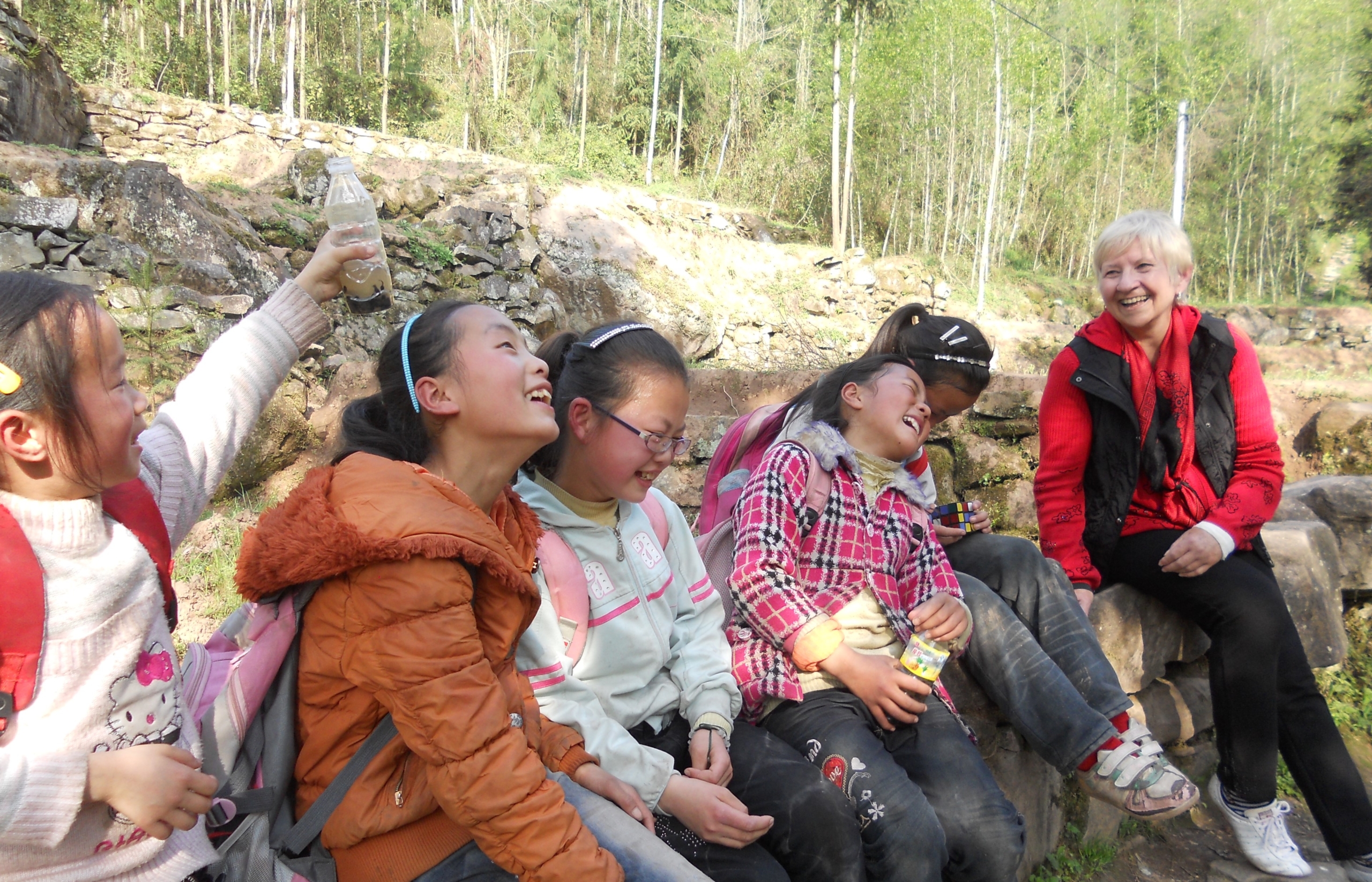
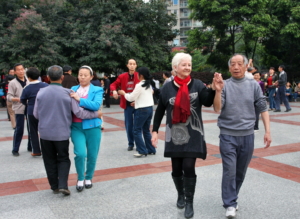
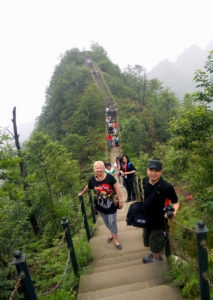 I
I 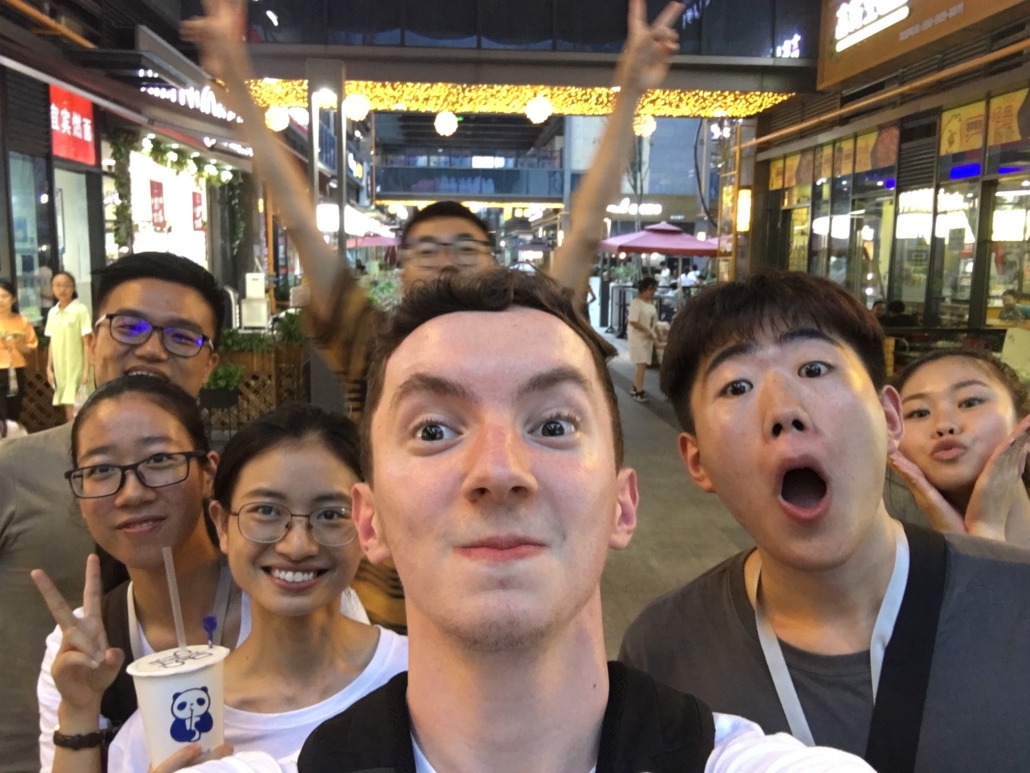
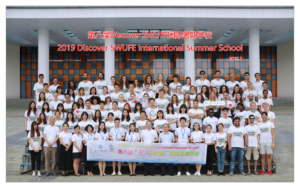
 After a 24-hour voyage with a connecting flight in Beijin
After a 24-hour voyage with a connecting flight in Beijin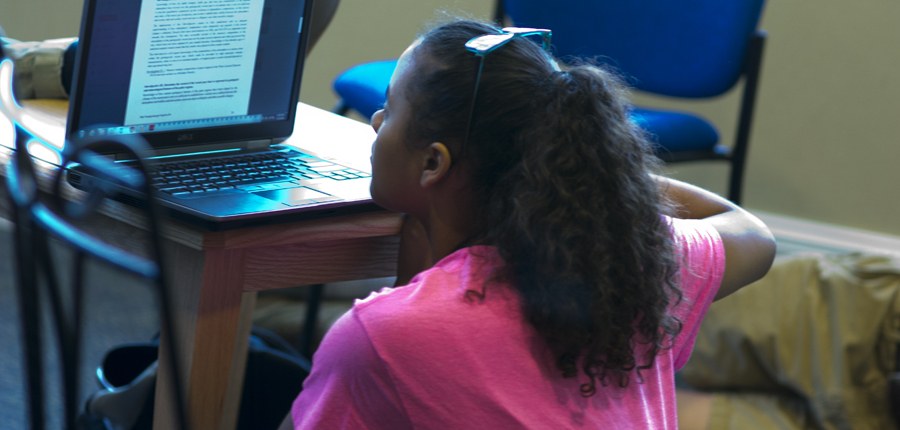
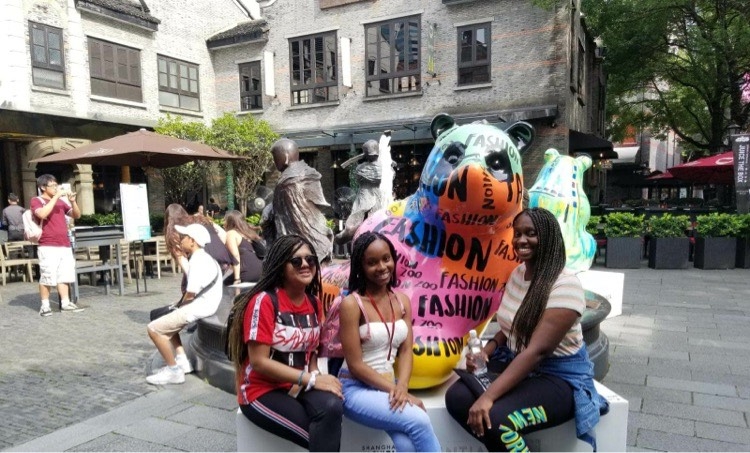
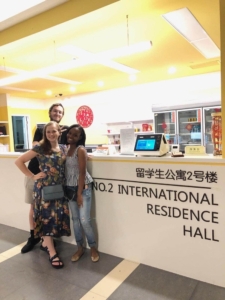
 Each day before bed when I jotted down my thoughts, I realized that race was never an issue in this country or in my group. Having the chance to immerse myself in the Chinese langu
Each day before bed when I jotted down my thoughts, I realized that race was never an issue in this country or in my group. Having the chance to immerse myself in the Chinese langu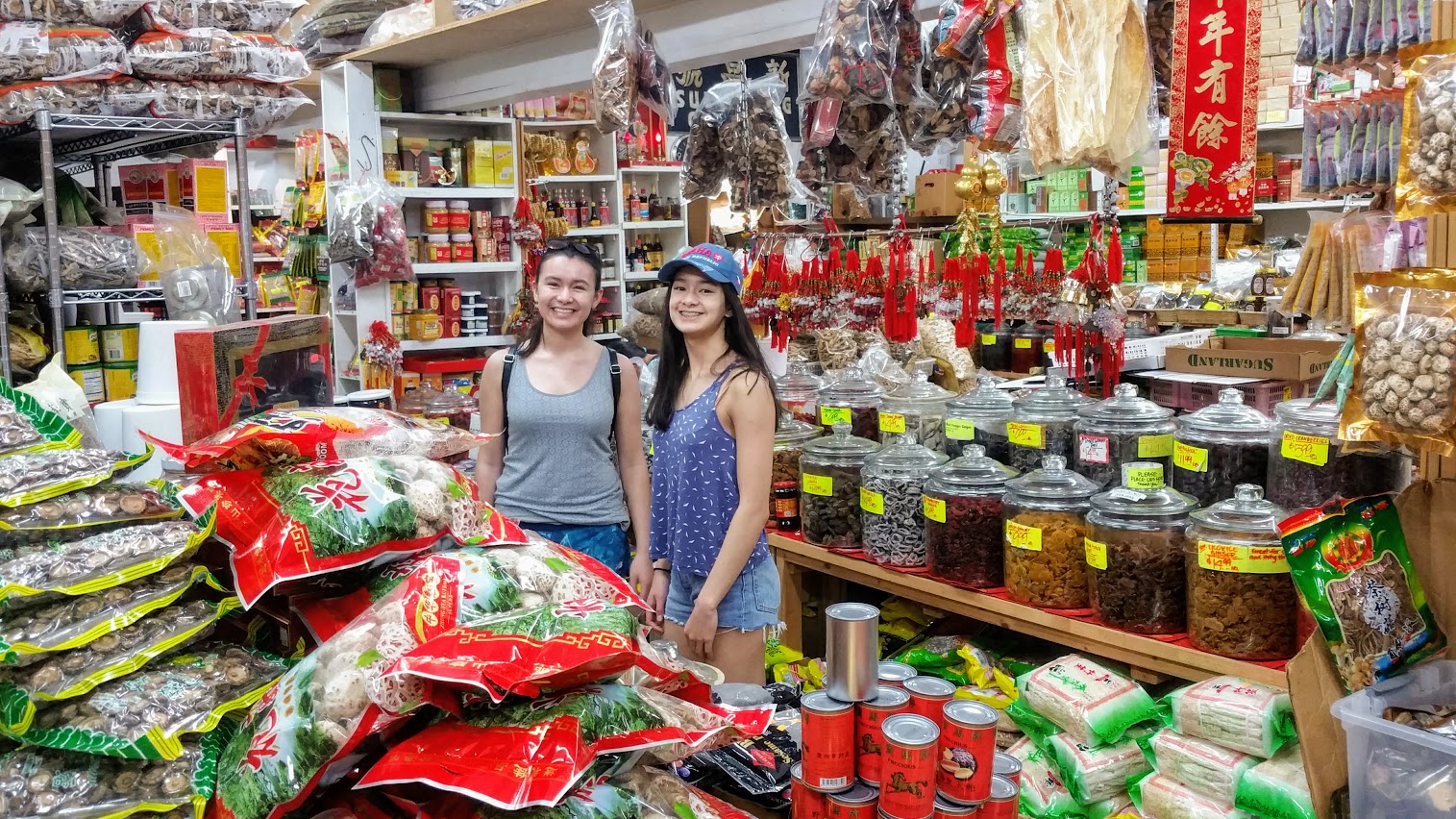
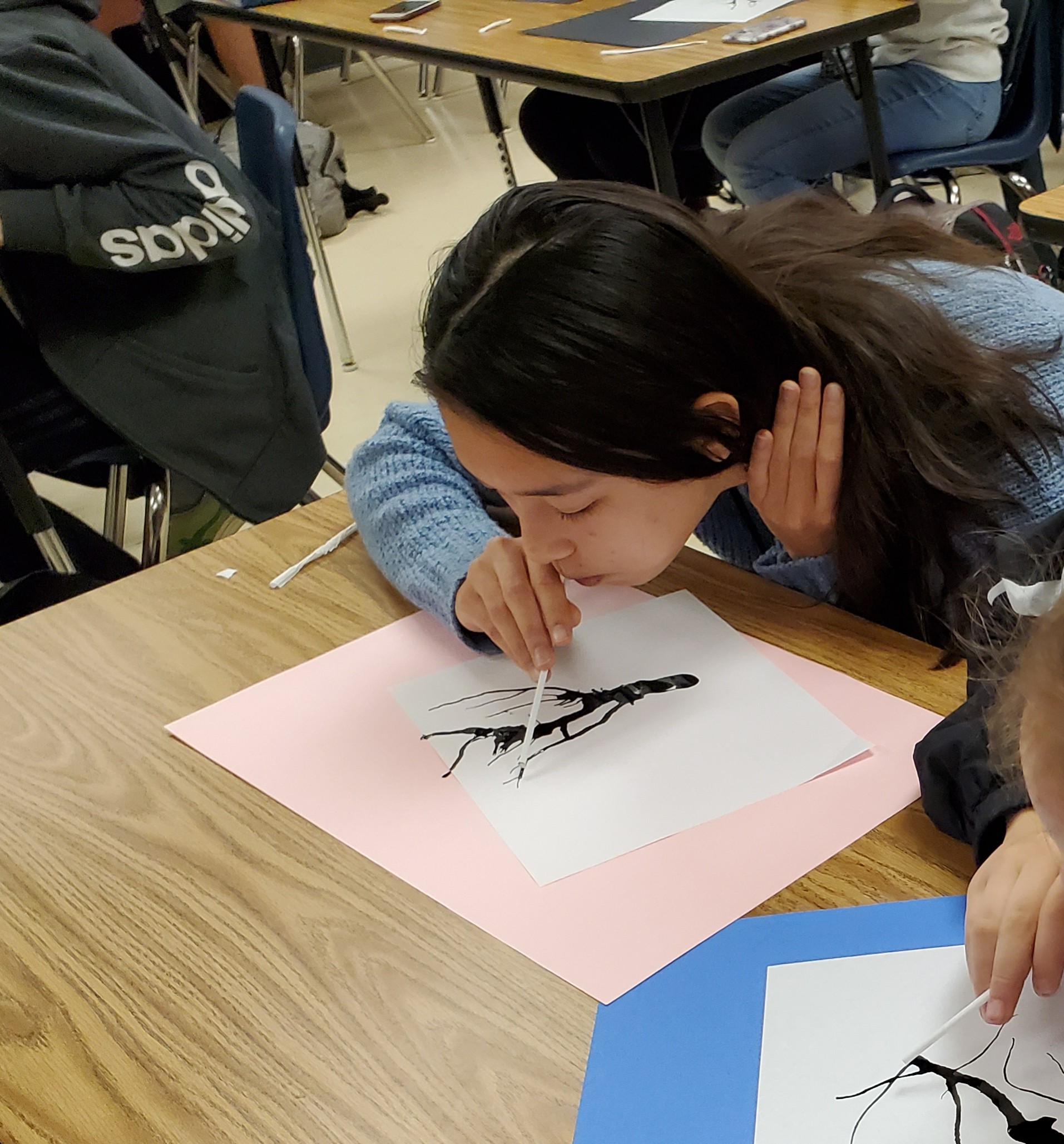

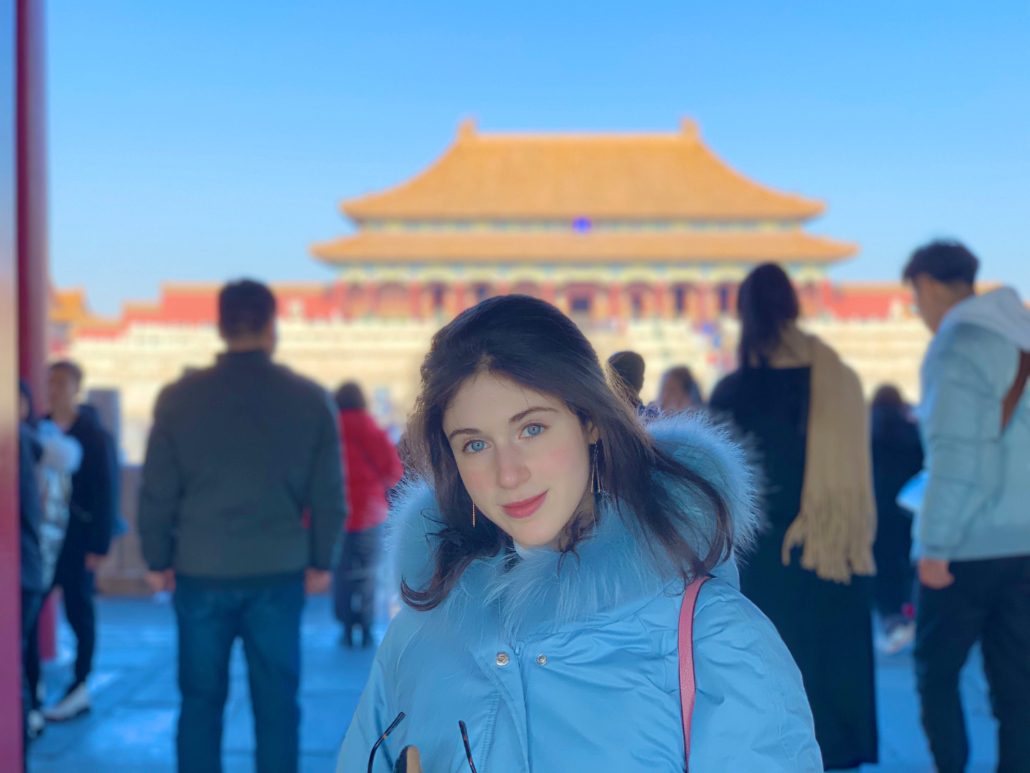
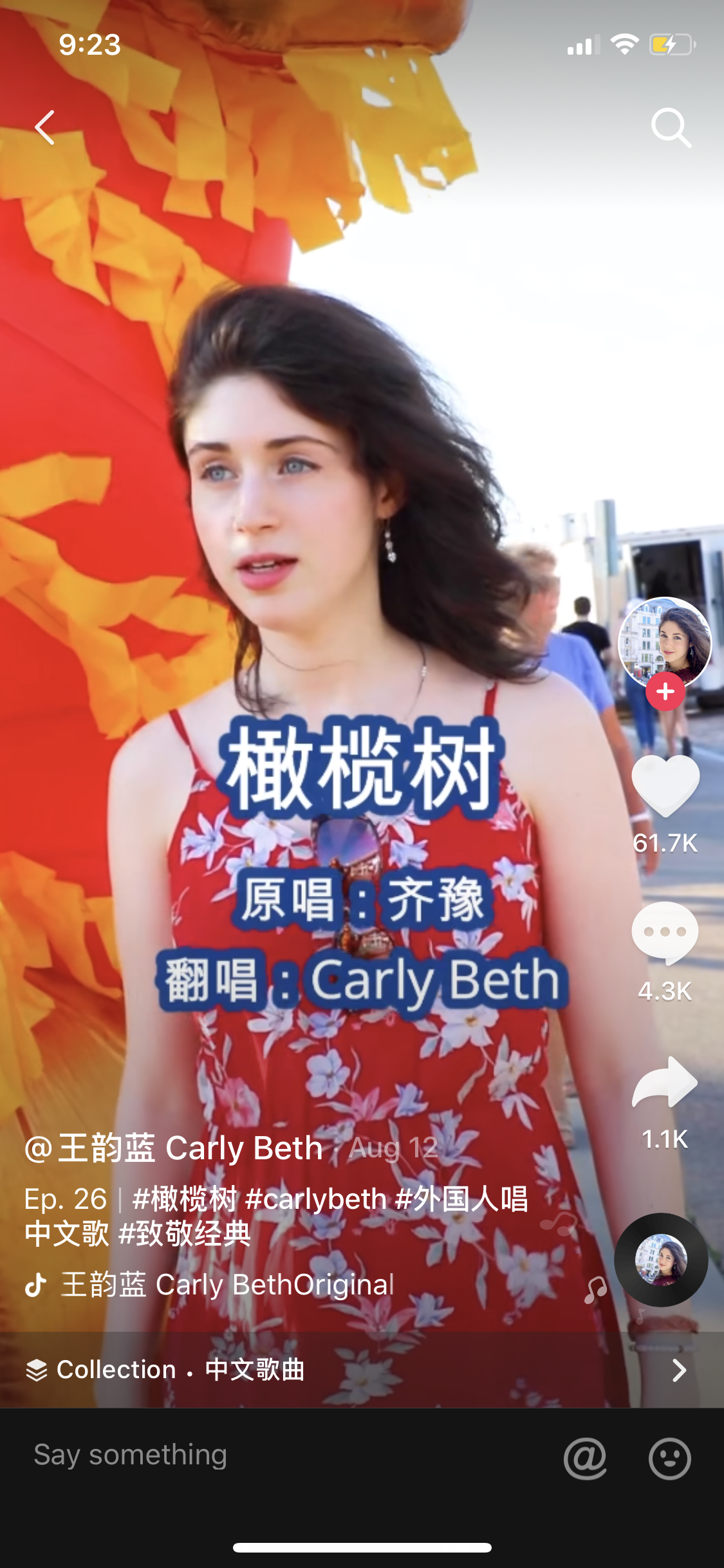 Learning Chinese wasn’t the only thing I stayed up until 4am for. I continued live stream
Learning Chinese wasn’t the only thing I stayed up until 4am for. I continued live stream